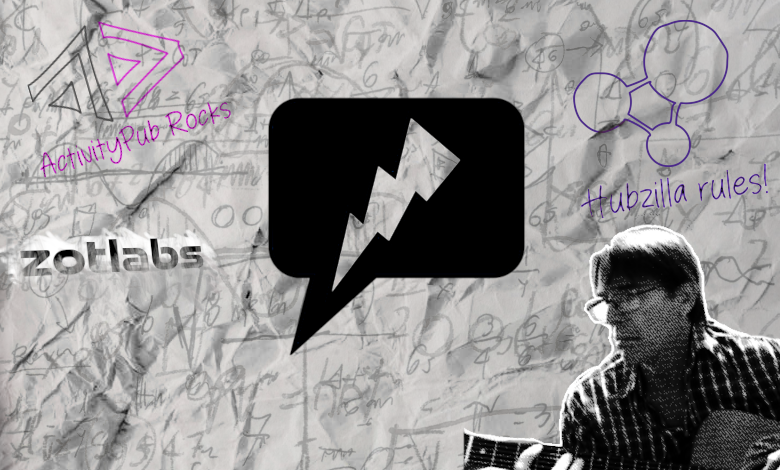- cross-posted to:
- technology@lemmy.world
- technology@beehaw.org
- cross-posted to:
- technology@lemmy.world
- technology@beehaw.org
Mike Macgirvin, the long-time developer that brought us Friendica, Hubzilla, Streams, and the Zot protocol, is bringing his most powerful concept to the rest of the Fediverse: Nomadic Identity.
This is great! Account portability is one of the biggest reasons BlueSky gave for developing ATProto instead of using ActivityPub. This could be a way of getting them to switch to the standard and expand the fediverse in the process.
This would come in handy for temporary outages or worst-case scenarios where the instance doesn’t come back. Should be interesting to see how it develops
Neat.
Yeah, I guess.
Sock puppet fuckup or what?
I was just trying to make a joke about having multiple accounts on difference instances/platforms (lemmy/mbin), but as the old saying goes: Comedy is hard.
Ha, I didn’t get it, but now I do. That is quite a funny joke now you’ve explained it. Comedy is indeed hard
As we all know: Jokes are always funnier when they are explained.
Well I think you’re hilarious!
(I am being sarcastic btw)
I am my own worst critic.
On one hand, I appreciate this a lot as it’s been baffling to me that this aspect of Zot wasn’t adopted during development of ActivityPub. On the other, I kind of feel like some of this forgets or overlooks the benefits of running fully separate identities.
I recognize that the article points to this easing that process in a way, but it’s pointing more to facets of a single identity, which benefits from some degree of interchangeability depending on those facets. This is clearest in the notion of retaining one’s connections with minimal disruption should one facet’s instance/host go offline for some reason, but also in it being relevant to maintain the same content between facets.
This has sort of also been the issue some see with the idea of federation and the fediverse itself. Some people enjoy the different styles of posting and interaction across different non-federated/linked sites/platforms, yet in some ways federation tends to blur or break those distinctions and try, sometimes clumsily, to blend it all together. For those all in on the idea, that’s a major bonus, but for those not sold on it, it’s a major pitfall.
In some respects I think this may kind of help those wanting to maintain different identity facets around here, but may also create a potential tripping point for those trying to more easily maintain distinct identities depending on implementation.
Would it be bad to say that this would be a good use for NFT’s?
Let’s not mix NFTs into this.
I think the cringe part about them was them being sold. But the technology is actually quite decent, a way of storing data/ownership on a decentralised network








